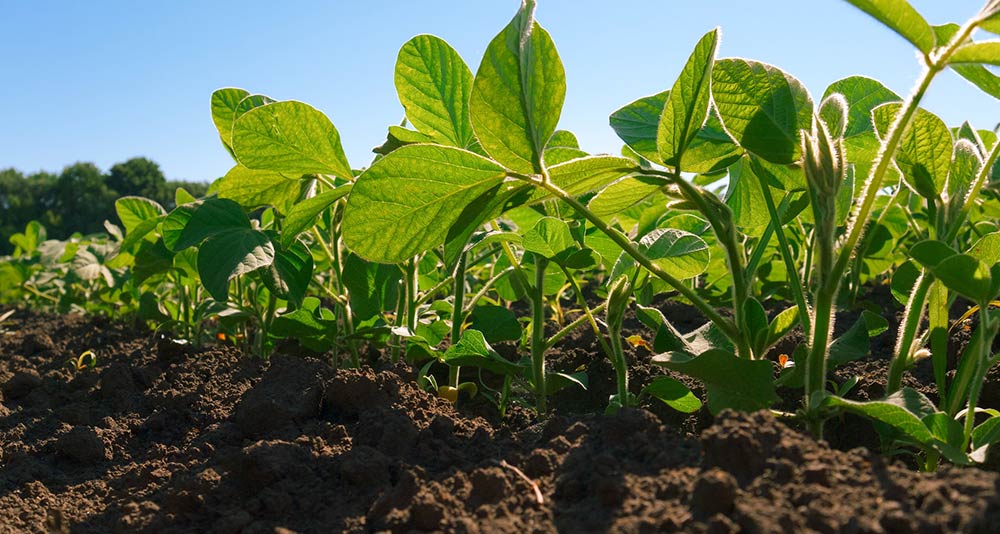August 18, 2015
National Institute of Food and Agriculture
U.S. Department of Agriculture
Submitted electronically via Policy@nifa.usda.gov
Re: Public Comments on Agriculture and Food Research Initiative Competitive Grants Program
On behalf of the Organic Farming Research Foundation (OFRF), I submit the following comments on the U.S. Department of Agriculture’s (USDA) request for public comments on Agriculture and Food Research Initiative (AFRI) Competitive Grants Program.
The Organic Farming Research Foundation (OFRF) is a national, public-interest organization founded in 1990 to foster the improvement and widespread adoption of organic farming systems. The organization was founded as a response to rising demand for organic agriculture research, extension and education to meet the information needs of a growing community of organic farmers and to educate the public and policy decision-makers about organic farming issues.
OFRF is currently in the process of updating our influential 2007 National Organic Research Agenda, documenting the research needed to help organic farmers and ranchers improve the agricultural, environmental, and economic performance of their production systems. To date, we have completed six listening sessions with farmers and other key stakeholders around the country and have launched a national survey of certified organic farms and ranches. While the final research agenda will not be completed until this fall, we can say with confidence from initial feedback that organic producers continue to have diverse and significant research needs.
In consideration of the need for continued investment in research to support organic producers, we offer the following recommendations with respect to the Agriculture and Food Research Initiative Competitive Grants Program.
Improve and retain soil health as the basis of agricultural production.
Techniques for the adoption of large scale organic agriculture – i.e. production techniques, technologies, transition methodologies, marketing strategies.
- Retention of current producers and access for new farmers or how to entice new farmers/ranchers; i.e. access to land and financing, economic support, training and long-term mentoring.
- Review of the whole systems approach for weed, insect, and disease management for production systems, i.e. vegetable, animal, fruit, etc., and especially for mixed systems.
- Effects of non-diversity in production management, i.e. only using GMO seeds, only chemical spray, etc.
- Improve and meet market demand for organic agriculture products nationally and internationally.
- As part of a systems approach, not only provide scientifically based research, but also create a strategy to educate for the adoption of the research results.
- Breeding specific for organic production to enhance nutritionally dense products and stress reliance.
- Enhancement of the medium-scale producer level from production to economic research needs so that this level of production will not be lost in the US agricultural landscape.
- Measure the benefits of ecosystem services as multiple services within the production system framework and how to enhance these services and potential for economic benefits to producers.
These are just a few examples of organic research where AFRI could provide much needed funding. Last year sales of organic produce and food products grew by 11%. Yet, based on USDA’s own data, about 0.1 percent of AFRI funding over the 5-year period of Fiscal Years 2010 through 2014 was dedicated to organic research. It is imperative that AFRI provide the funding to fund the necessary research closing the gap between the needs of our farmers and the consumer demand for organic products.
OFRF is committed to working with USDA as a partner to represent the needs of the organic research community and organic farmers. The issues we raise in our comments reflect our communication and work with the broader organic community.
Thank you for your time and attention. We are happy to provide more detailed perspective on any of these points. We look forward to continuing our work with USDA on behalf of organic agriculture.
Sincerely,
Brise Tencer
Executive Director



